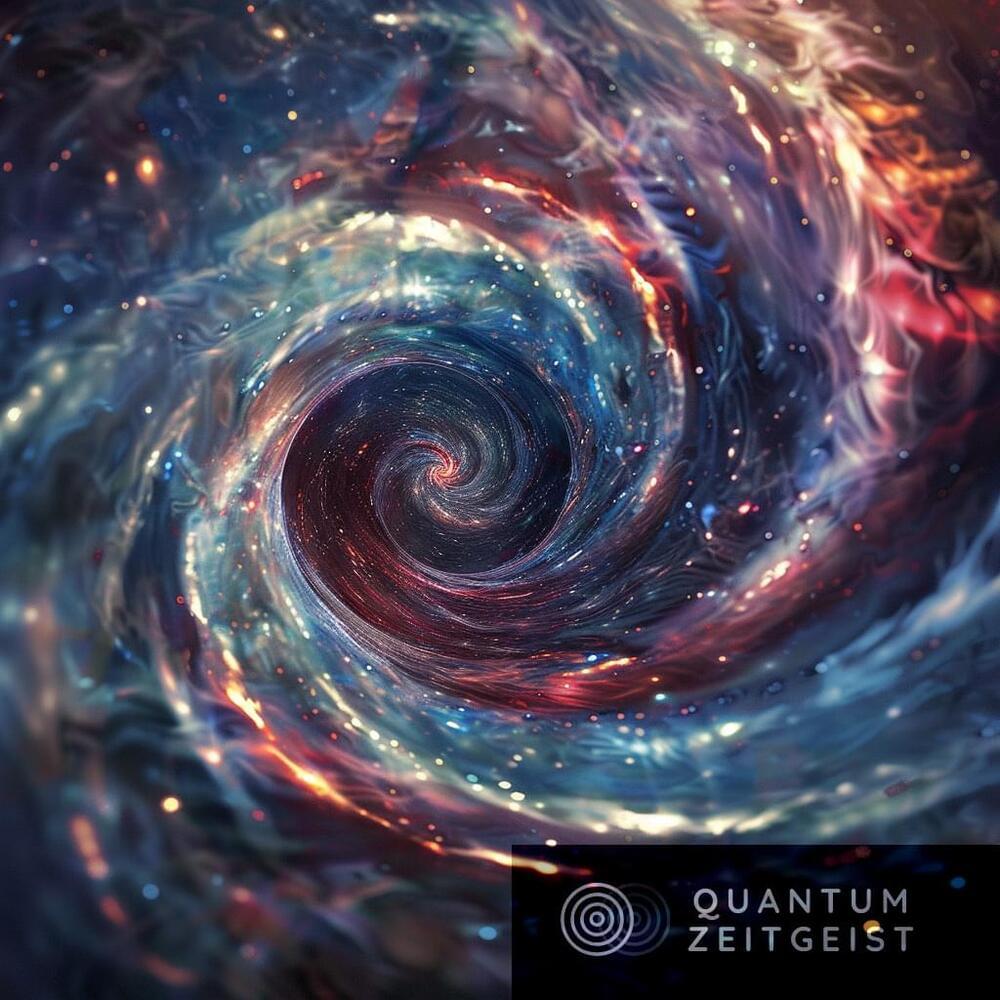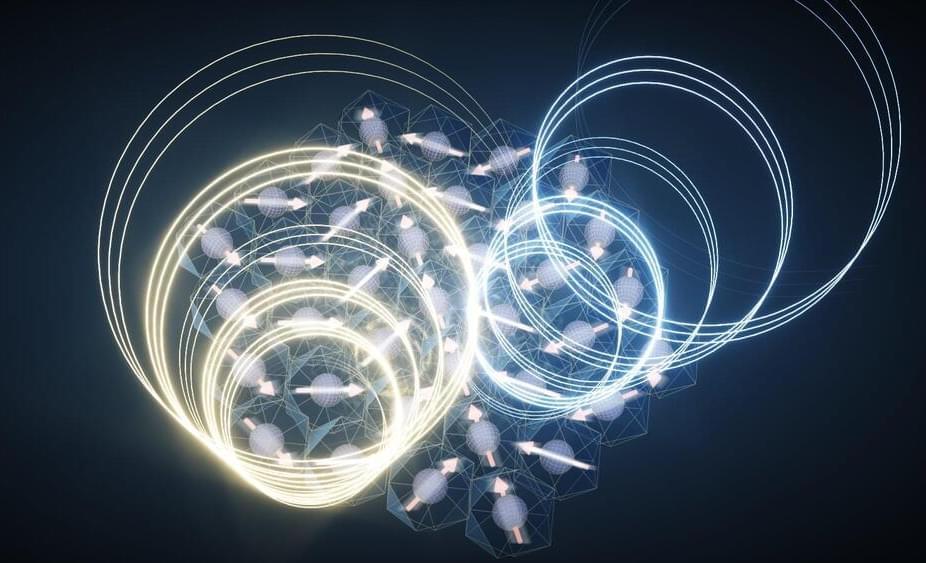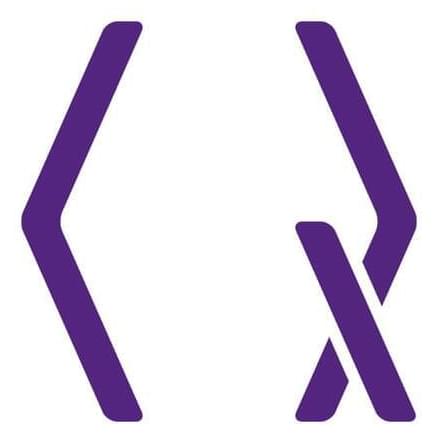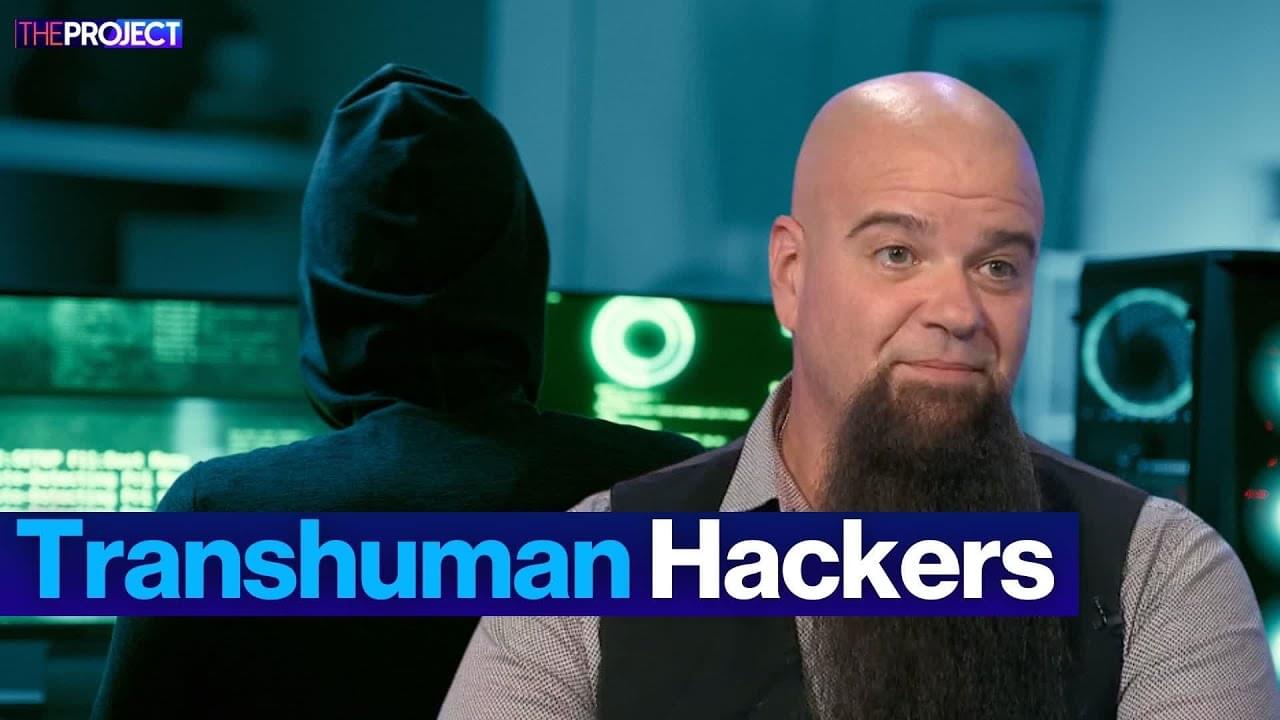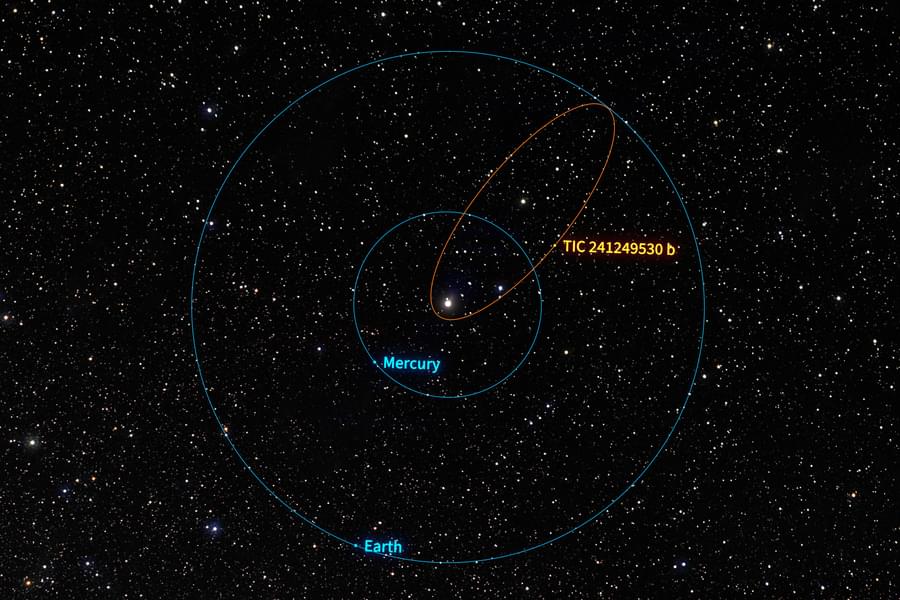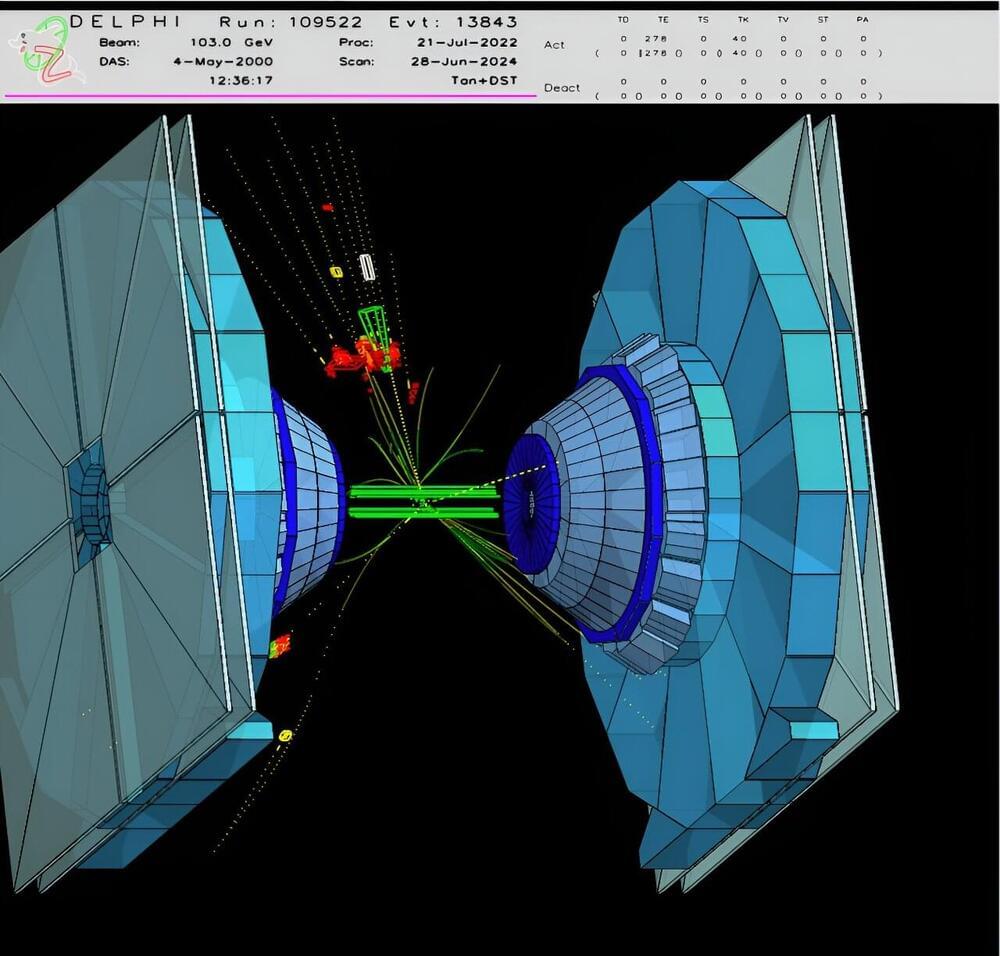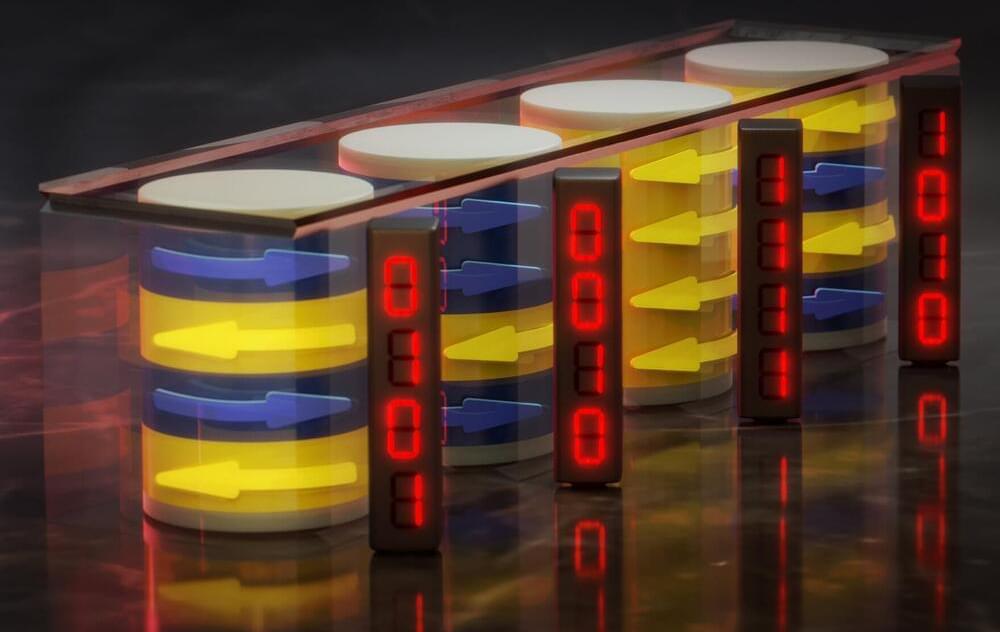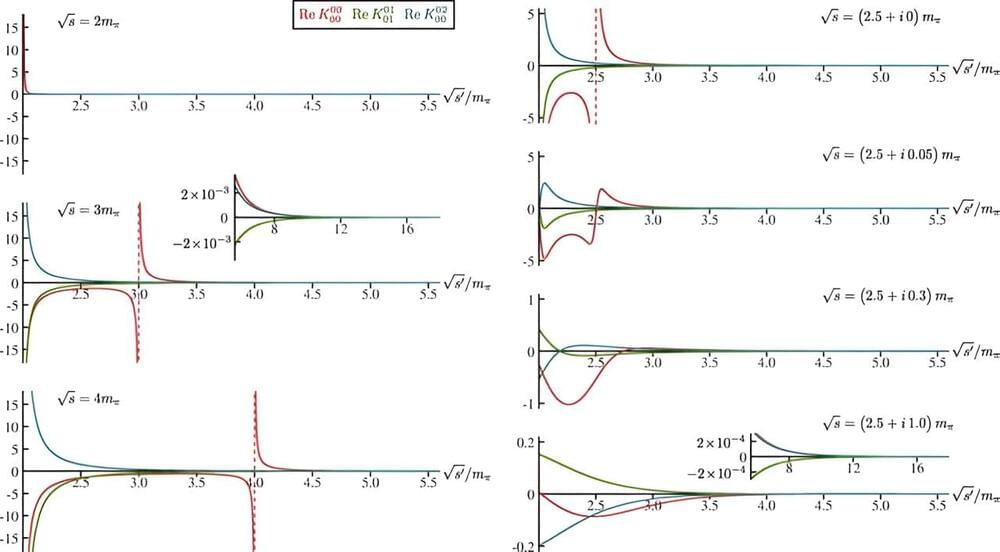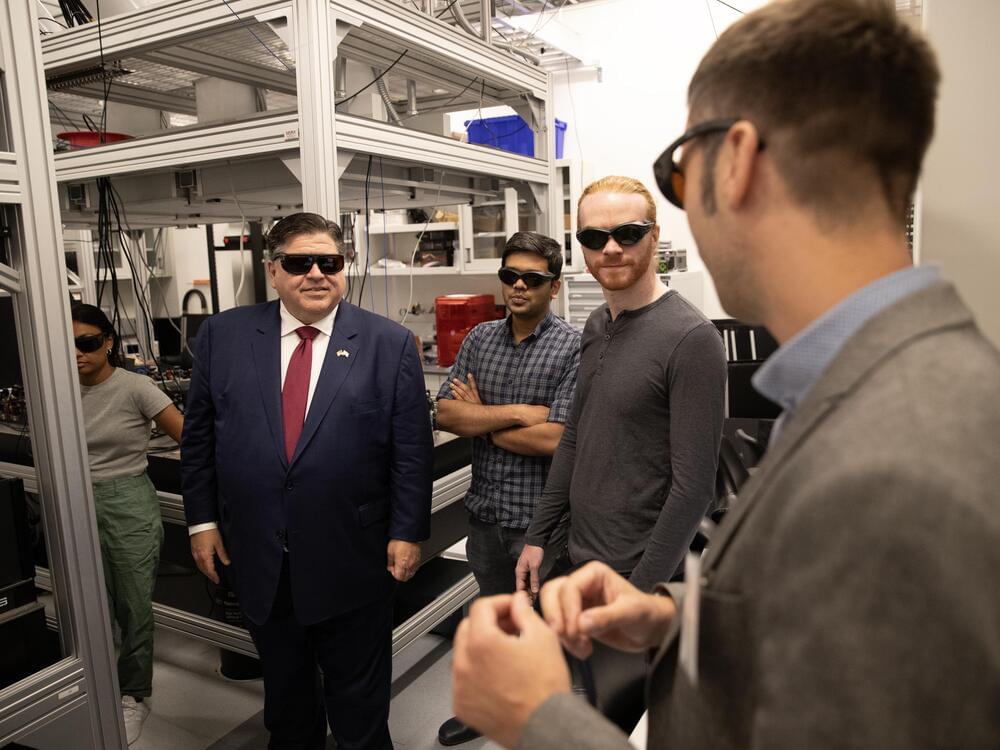Jul 18, 2024
Spiral Multiverse Theory Challenges Big Bang, Proposes Network Of Interconnected Universes
Posted by Dan Breeden in categories: computing, cosmology, singularity
The Spiral Multiverse Theory, proposed by computer engineer Tejas Shinde, challenges the conventional Big Bang theory by suggesting a continuous spiral pattern universe originating from a single point, or singularity. This theory posits that each universe begins with its own bang, forming a network of interconnected universes expanding in a spiral shape. The theory introduces the concept of interdimensional quasars as portals for multiverse travel and suggests each universe undergoes its own inflation without observable changes in the cosmic microwave background. This new perspective on cosmic evolution could open up new avenues for scientific exploration and understanding.
The Spiral Multiverse Theory, proposed by Tejas Shinde, a computer engineer, suggests a continuous spiral pattern universe originating from a single point, known as a singularity. This theory challenges the conventional Big Bang theory, which posits a singular explosive origin for the universe. Instead, the Spiral Multiverse Theory proposes that each universe begins with its own bang, forming a network of interconnected universes. This network, or multiverse, expands in a spiral shape, with the width and length of the arms expanding as the universe expands. The point where all universes connect is referred to as the Everyverse.
The Spiral Multiverse Theory offers a fresh perspective on cosmic evolution and presents a potential path for practical research. It introduces the concept of interdimensional quasars as portals for multiverse travel. The theory also suggests that each universe undergoes its own inflation without observable changes in the cosmic microwave background, a remnant radiation from the Big Bang.
